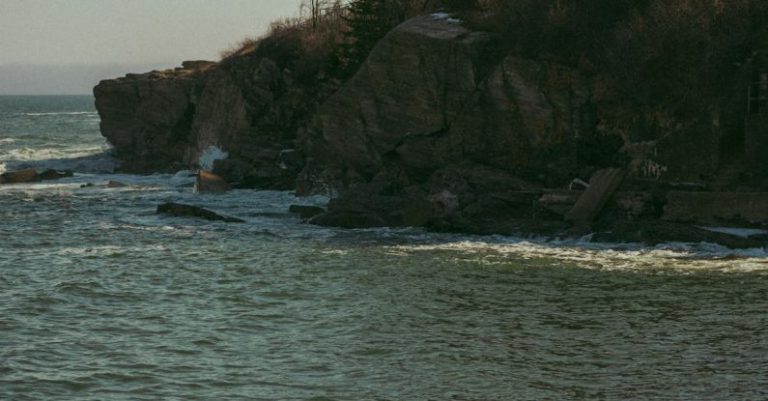
Venturing into the wilderness can be an exhilarating and rewarding experience, but it also comes with its own set of risks. Whether you are an experienced outdoor enthusiast or a novice hiker, knowing how to stay safe in the wild is crucial. By following a few essential wilderness safety tips, you can ensure a smooth and enjoyable adventure while minimizing potential dangers. Below, we outline some key strategies to keep in mind before setting off on your next wilderness expedition.
Plan Ahead and Inform Others
Before heading into the wilderness, it is essential to thoroughly plan your trip. Research the area you will be exploring, including the terrain, weather conditions, and any potential hazards. Make sure to inform someone reliable about your itinerary, including your expected return time. In case of an emergency, this information can be crucial for rescue teams to locate you quickly.
Pack the Essentials
Packing the right gear and supplies is vital for your safety in the wilderness. Ensure you have a map, compass, or GPS device to help you navigate your surroundings. Carry enough food and water to sustain yourself throughout the trip, as well as a first aid kit for any injuries or emergencies. Additionally, pack appropriate clothing for the weather conditions you may encounter, including extra layers for unexpected changes in temperature.
Stay Hydrated and Nourished
Dehydration and malnutrition can quickly lead to serious health issues, especially when you are far from civilization. Make sure to drink plenty of water throughout your journey to stay hydrated, even if you do not feel thirsty. Eating regular meals and snacks will help maintain your energy levels and keep you alert while exploring the wilderness.
Stay on Designated Trails
One of the most important wilderness safety tips is to stay on designated trails whenever possible. Straying off the beaten path can increase your risk of getting lost or encountering dangerous terrain. By following established trails, you are more likely to stay on course and avoid unnecessary risks.
Be Aware of Wildlife
Encountering wildlife is a common occurrence in the wilderness, and knowing how to react is essential for your safety. Keep a safe distance from animals and avoid feeding them, as this can habituate them to human contact and lead to dangerous interactions. If you come across a wild animal, remain calm, make yourself appear larger, and slowly back away without turning your back on the animal.
Prepare for Emergencies
Despite your best efforts to stay safe, emergencies can still occur in the wilderness. Being prepared for unexpected situations can make a significant difference in how you handle them. Carry a whistle or signaling device to attract attention if you need help, and know how to use it effectively. Familiarize yourself with basic first aid techniques and be ready to administer aid to yourself or others in case of injury.
Respect the Environment
Preserving the natural beauty of the wilderness is not only important for future generations but also contributes to your safety while exploring. Avoid littering and pack out all trash to keep the environment clean and protect wildlife. Respect any regulations or guidelines in place to preserve the wilderness and minimize your impact on the ecosystem.
Conclusion:
By following these essential wilderness safety tips, you can enjoy your outdoor adventures with confidence and peace of mind. Remember that preparation and awareness are key to staying safe in the wild, so take the time to plan ahead and equip yourself with the necessary skills and resources. Whether you are embarking on a day hike or a multi-day camping trip, prioritizing safety will ensure that your wilderness experiences are both enjoyable and secure.





